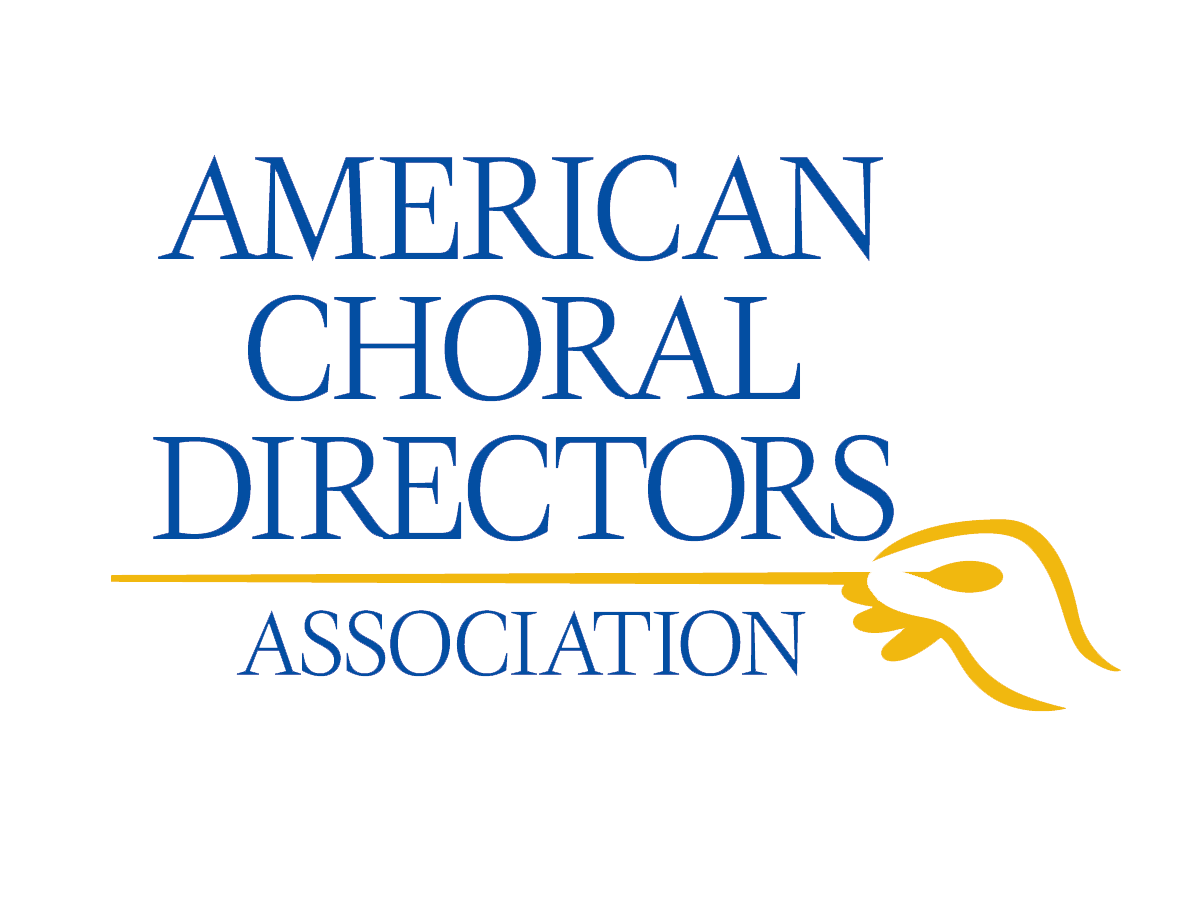Langston Hughes’ Literary Voice in Black Women Composers’ Choral Works
Session Abstract: The significance of Langston Hughes’ body of work in the twentieth century literary canon has been well-reviewed in academic circles. What has not been exhaustively reviewed is Hughes’ criticality to classical and popular genres of American music. Though there is a paucity of scholarly discussion concerning Hughes’ association with noted American musical figures of the twentieth century, scholars have examined the role music plays in Hughes’ literary aesthetics and cultural perception, including his outlook to the African American musical tradition. African American music, its beauty, cultural implications, and depictions of African American people was unequivocally essential to Hughes’ writings. Concurrently, there has been significant advancement in scholastic interest surrounding choral music by African American composers, but compositions by African American women have received far less attention. Many of these composers were unable to have their works published or performed, thus creating an outstanding amount of unpublished, understudied, and underperformed compositions. Several composers of this sector were noted for combining African American musical idioms and western European musical ideas. African American composers were drawn to poignant texts from several poets, but also, in the manner of their diasporic and European predecessors, drew upon the foremost literary voices of the day among their race. The purpose of this presentation is to provide thorough textual and musical analyses of a specific set of repertoire composed by African American women. The selected choral works share two common traits: (1) they are all scored for mixed chorus and (2) they are all textually based in the writings of Langston Hughes. The works of Undine Smith Moore, Margaret Bonds, and Rosephanye Powell are examined here. Moore’s Mother to Son (1955) is an unaccompanied work for soprano solo and mixed chorus, musically depicting a mother’s impartation of wisdom to her son concerning the nuances of her lived experience navigating racism. Bond’s Easter cantata, Simon Bore the Cross (1964) is a multi movement choral work for mixed chorus, soloists, and keyboard accompaniment whose music centers Simon of Cyrene, a lesser-known biblical character of African descent, as an integral figure of the journey leading to the crucifixion of Christ. Powell’s To Sit and Dream (2010) is a short work for mixed chorus and piano in which Golds-based motifs underscores the words of Hughes’ To You, written in the latter years of his life, promoting his utopian vision for a free and just world. Applicable details on Hughes’ personal and professional life, noted musical relationships, and specific literary devices that ground the selected choral works are observed here, contextually rendering a celebration of Hughes as poet, critic, and librettist. Additional considerations will include circumstantial connections between the compositional and literary devices in the examined repertoire, historical summaries on each work’s performance and reception history, and informational briefings concerning where and how this music may be accessed. All participants will leave with informed tools for optimal study and performance of these specific works along with general resources for choral conductors who are interested in performing music by African American women composers.




